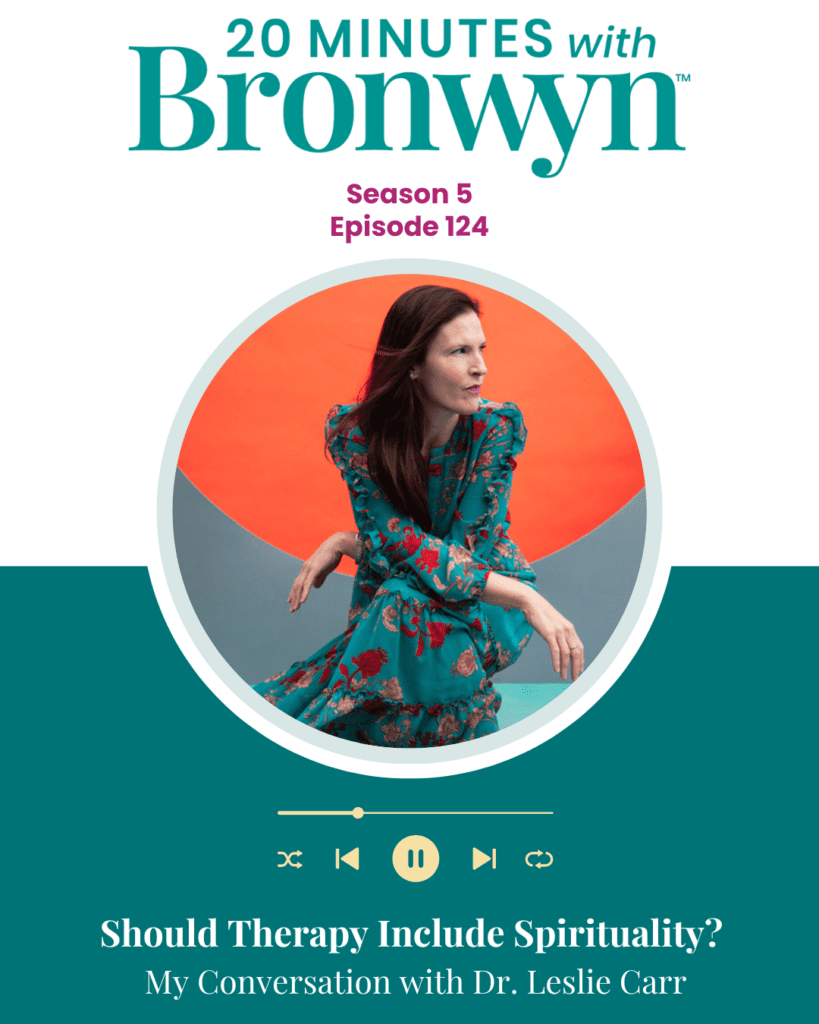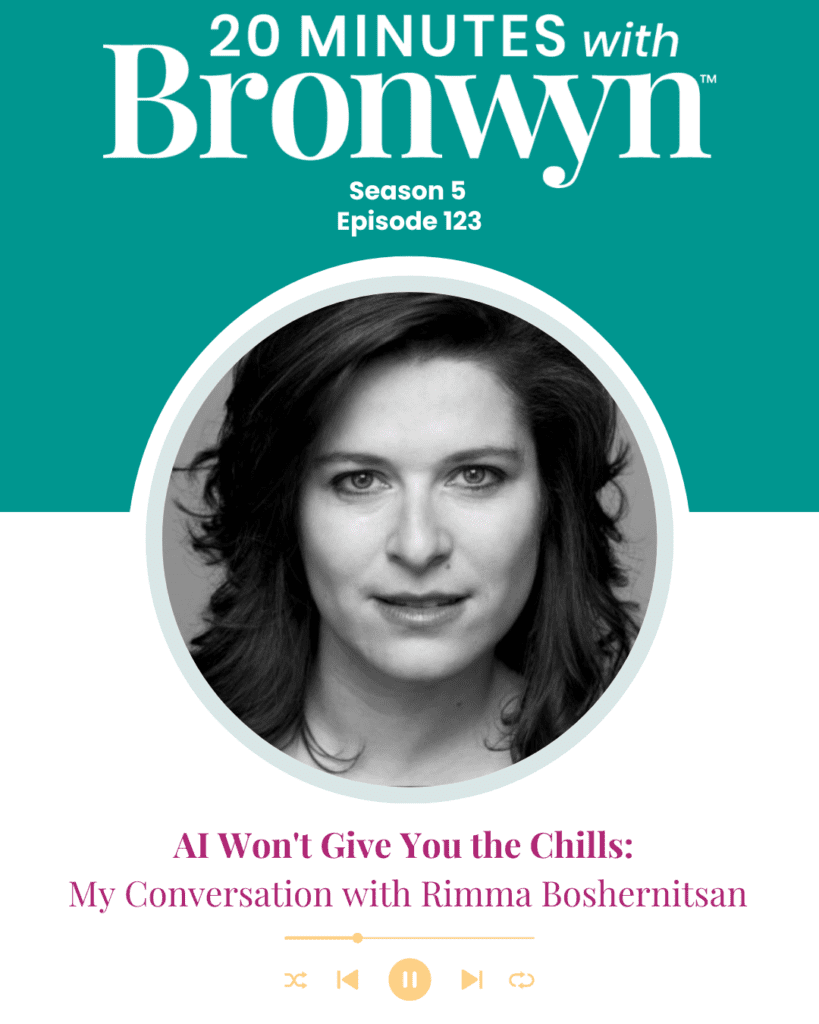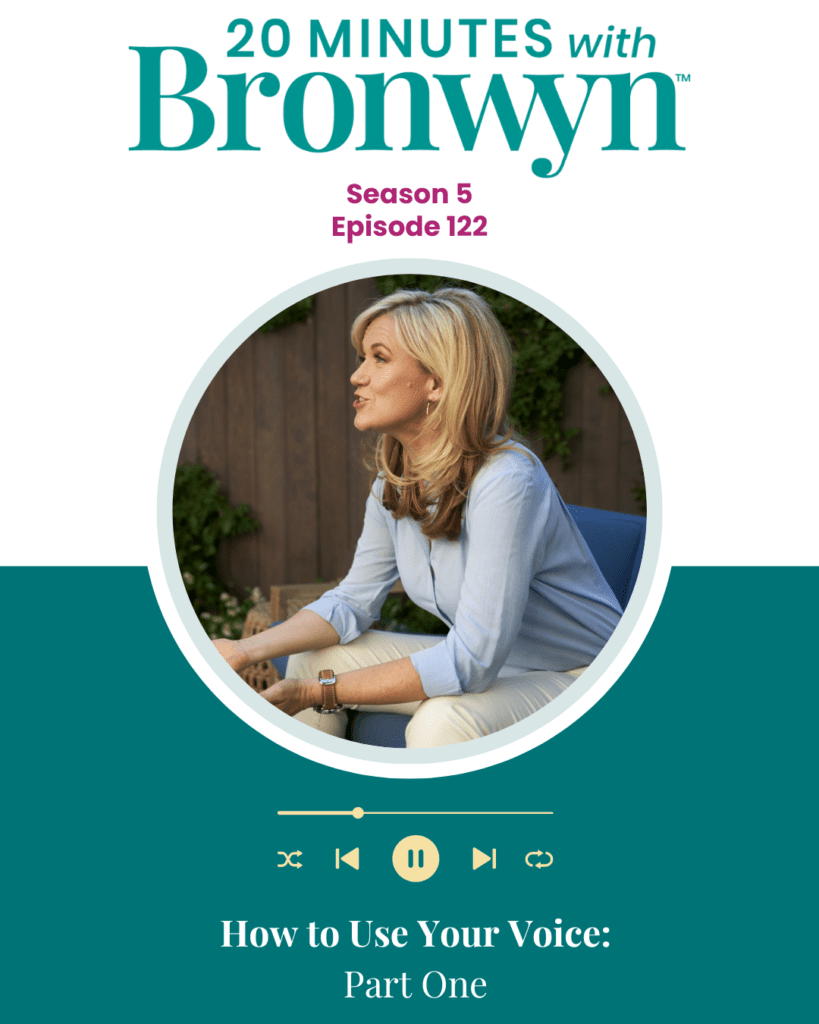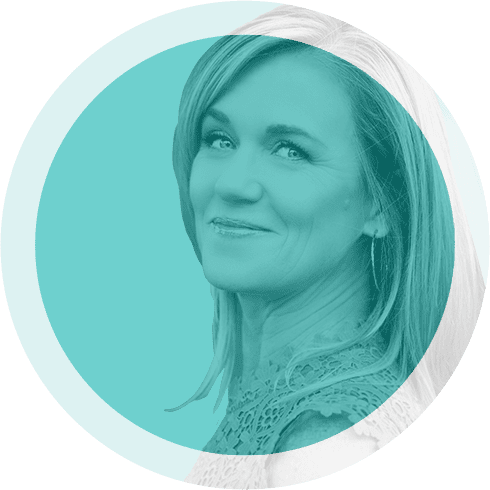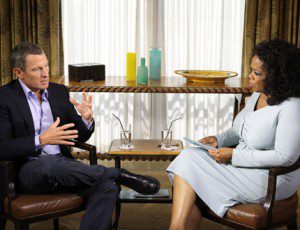
I don’t know about you, but I am literally on the edge of my seat waiting for this Lance Armstrong interview with Ms. Winfrey. In fact, it may be the only time my husband watches Oprah with me without a gun to his head.
I’ll be watching the interview through two lenses:
1) What would I do if I were on Team Armstrong? Team Oprah? 2) Can we learn anything from this?
Ready? Here’s my take.
1) What would I do if I were on Team Armstrong? Team Oprah?
At this point, I imagine that precious few people are signing up to be on Team Armstrong, and those that do are either blood relations or lawyers. (His family must be in a living hell at this point) But let’s just say they put me in charge of managing him through this from a publicity/public opinion standpoint.
(Note: I am not the media coach to hire if you’re looking for lipstick to be applied on a pig. Lipstick on a pig application requires a different set of recommendations that I will not list here. I’m the one you call when some measure of real redemption is the goal. I believe everyone deserves a shot at it. Even Lance Armstrong.)
If I were in that role, my strong recommendation would be this: he needs to show us absolute self revelation and honesty. I would say that unless he explores the possibility – ON CAMERA – of having Narcissistic Personality Disorder, or even Antisocial Disorder – it’s just another PR stunt. Another opportunity to manipulate, which people will see through.
I would recommend that he not only explore this possibility, but that he also offers a compelling AND ACURATE narrative of the childhood experiences that could have contributed to this disorder. Now, to be fair, no one really knows the exact cause of these disorders, but this would be a good place to start. That kind of self revelation will offer people a storyline that makes sense, and may lead us to have some amount of empathy for Lance Armstrong, if not compassion. There is a difference.
But the truth is, Lance Armstrong may not be capable of this kind of self-disclosure and awareness. (In which case, I would make my recommendations and then go home. Truth be told, what he really needs is therapy, but a good media coach doesn’t hurt either ;).
If I were on Team Oprah, in addition to getting all of the chronology and key details down accurately, I would be exploring the dual personalities of Lance Armstrong. As this article in the Guardian puts it, he has “something akin to a split personality: Dr Armstrong and Mr Lance.”Lance the charmer, the inspiring cancer survivor, and Lance the avenger/sociopath/playground bully.
In order for the public to feel truly satisfied by Lance’s answers to Oprah’s questions, we need to understand how he was able to cultivate these two splintered selves for so long, so successfully. How is someone able to live that way? Lying, and being righteously indignant when being called out on the lie, even going so far as to sue and WIN a libel case … all the while, knowing you are guilty… How did he manage it? I’d like to see Oprah get to the heart of this in a meaningful way. And given that this is arguably the most important interview of her career, my money is on Oprah here.
What can we learn from this?
It is tempting to put Lance Armstrong in the “sociopath category,” mostly because it is a likely diagnosis, but also because it insulates us from facing our own shadow sides. His is an extreme case of behavior we all exhibit from time to time. There are certain things we simply will not tolerate when it comes to how the world perceives us.
For some of us, we cannot tolerate being wrong. For others of us, we cannot tolerate having made a mistake. We can’t have others see us as anything less than perfect.
Others cannot tolerate being examined, or thrust into center stage.
Still others can’t feel good unless they are the smartest ones in the room.
Because of our intolerance, we cultivate defense mechanisms. We lie to cover our tracks. We bully someone in a meeting to make sure everyone knows who the Alpha Dog is. We belittle dissenting opinions. Or we shrink, and go silent.
Lance clearly couldn’t tolerate losing. What “losing” really means to Lance we cannot guess. But he was willing to go to great lengths to protect this external view of himself. He traded his own integrity for a medal, and for a certain kind of public adoration. And in our celebrity crazed culture, integrity seems like a small price to pay for the success and wealth he created.
But the truth is that each of us have little Lance moments at work, at home, with our children, with our spouses. There are certain emotions we will do nearly anything to avoid feeling.
The opportunity for us is to try and tolerate that which we can’t. To face the thing that most terrifies us. For me, I hate making mistakes. Hate it. The thought that I let something slip, or did something wrong, terrifies me. To face the sadness and shame I feel knowing that someone has potentially lost faith in me is very, very difficult.
So I’m constantly working on that moment when I realized I’ve slipped up, fully owning it. Apologizing. Taking my lumps and – here’s the worst part – sitting with the idea, even accepting the idea, that people’s opinions of me might be lessened. In those moments, I learn that who I am is something greater than my mistakes. And that the world is entitled to form whatever opinion feels right to them. But there is only one person I’m accountable to: myself. But not from a place of ego and narcissism (I hope), but a place of honesty, humility, and loving kindness toward myself.
It is from this place can we truly inspire, achieve and make a difference in the world. It is in our vulnerabilities, in our abject failures that we find our greatest credibility. We don’t look to people who are “perfect” for help and inspiration. We reach out to people who’ve “been there” and have come out the other end.
My hope and prayer for Lance Armstrong is that he finds authentic power underneath the false power he’s relied on for so long. It’s actually my wish for all of us.
